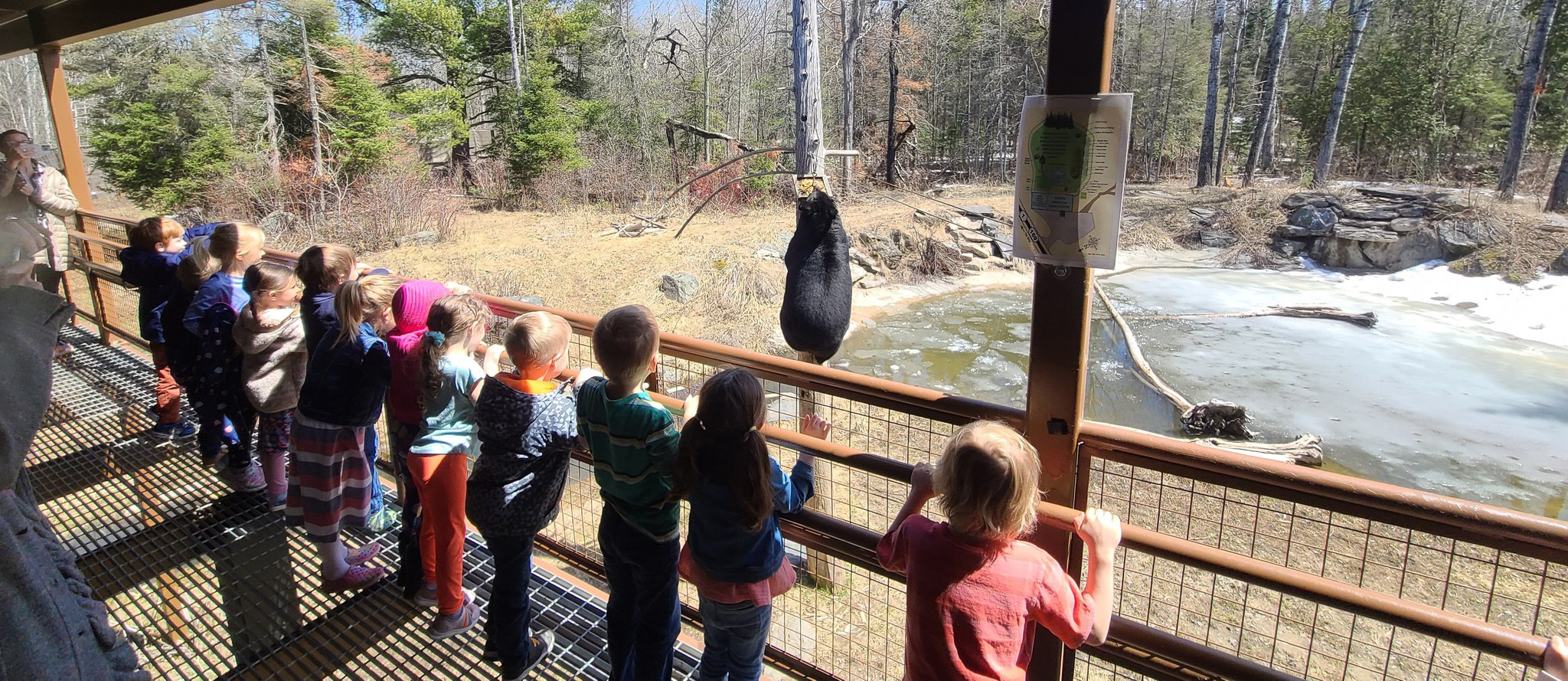

What Do Bears Like to Eat in a Beehive?
Although bears prefer immature bees, they also will eat honey, depending upon the alternatives. Honey is mostly sugar with an average composition of
- 38.5 percent fructose
- 31.0 percent glucose
- 17.1 percent water
- 12.9 percent maltose, sucrose and other sugars
- 0.5 percent proteins, amino acids, vitamins and minerals.
As good as honey sounds, it does not compare with the nutritional value of immature bees which are mostly fat and protein.
Bears endure stings to get the prized pupae, larvae, and eggs in the brood comb of a hive. Protective adult bees sting bears’ faces and ears but have a hard time penetrating the fur on the rest of the body. After bears get the brood comb and perhaps some honey, they hurry away and shake bees out of their fur like they shake water.
Bears around Ely taste little honey because domestic bee hives are scarce in the forests of northeastern Minnesota and the native bumblebees and wild bees make very little honey.

We are a 501(c)(3) non-profit that relies entirely on the support of visitors, merchandise sales and people like you. We do not receive any state or federal funding.
Help support our mission.
Donate Now